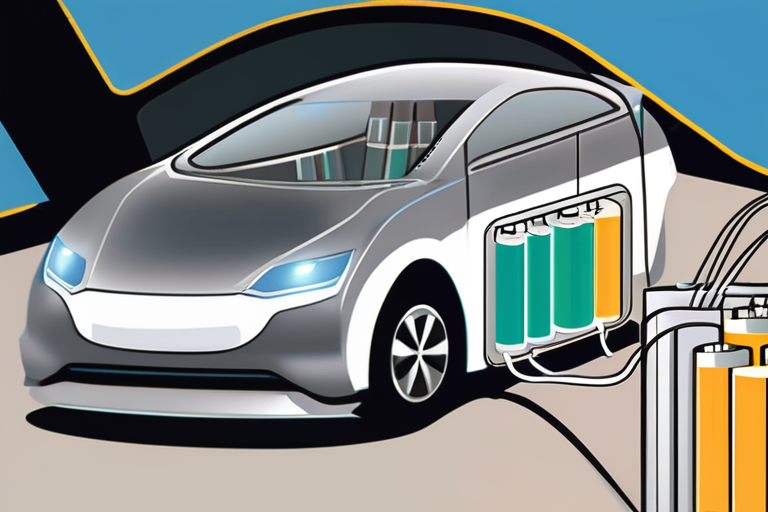Researchers Accelerate Solid-State Battery Breakthrough for Electric Vehicles


Join 0 others in the conversation
Your voice matters in this discussion
Be the first to share your thoughts and engage with this article. Your perspective matters!
Discover articles from our community

 Hoppi
Hoppi

 Hoppi
Hoppi

 Hoppi
Hoppi

 Hoppi
Hoppi

 Hoppi
Hoppi

 Hoppi
Hoppi

BREAKING NEWS NPR's College Podcast Challenge Returns for 2025, Students Take Note Now October 1, 2025, marks the start of …

Hoppi

178930994 story One of Australia's largest banks has apologized to staff who found out they had been fired through an …

Hoppi

** 📋 EXECUTIVE BRIEF ** OpenAI's warning to investors against unauthorized exposure to its equity signals a significant shift in …

Hoppi

Gen V Season 2 Episode 6 Release Date: Prime Video Drops the Details The highly anticipated release of Gen V …

Hoppi

Young People Struggle to Afford Independence as Rising Bills Take Hold A growing number of young adults are being forced …

Hoppi

U.S. Education Dept. Unites Conservative Groups to Create "Patriotic" Civics Content The U.S. Department of Education has announced a partnership …

Hoppi